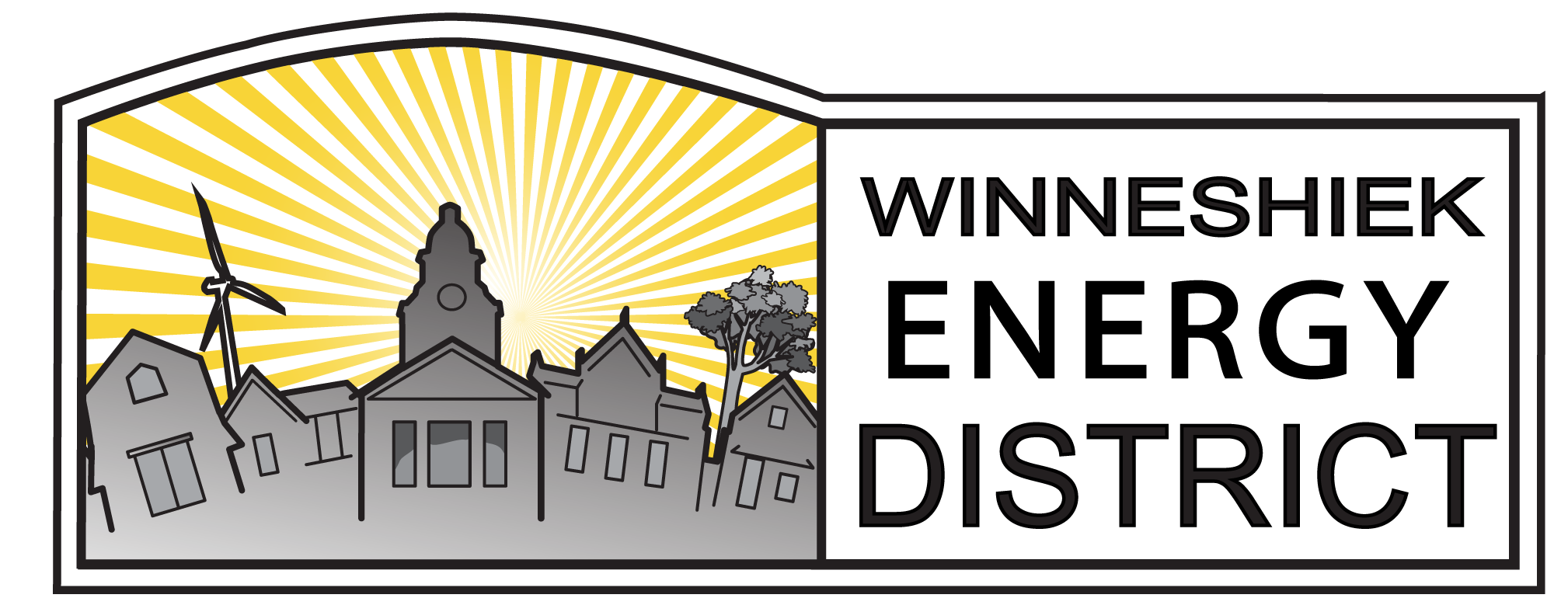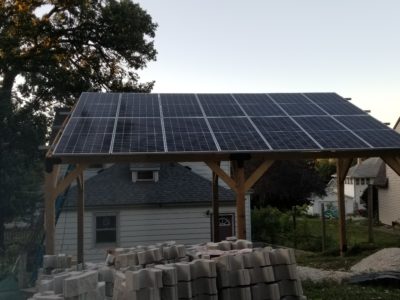by Joel Zook, Energy Planner 2021 is going to be another exciting year for solar. It’s a big deal that federal tax credits have been extended, net-metering laws are in place for Iowa’s investor-owned utilities (Alliant Energy and MidAmerican Energy) that give long term peace of mind to solar owners, AND the state legislature is looking at renewing and extending the state solar tax credit. Meanwhile, installed prices continue their
Cody Smith, Policy Associate at the Center for Rural Affairs, works on midwest policies that help amplify the positive effects of clean energy. There are many opportunity to combine clean, renewable energy infrastructure with beneficial habitat for native species. Whether planting pollinator habitat under solar panels, creating migratory bird corridors along transmission lines, or improving habitat around wind turbines, there are lots of exciting ways to link clean energy and
by Joel Zook, Energy Planner We’ve talked a lot here at the energy district about the phase out of the solar tax credits, but it’s important to know that there are other tax credits for energy efficiency measures and geothermal heating and cooling systems that will also soon come to an end. First off, a little known tax credit was revived earlier this year that allows homeowners to claim a
By Andy Johnson, Executive Director There is growing interest in what’s happening at the FERC (Federal Energy Regulatory Commission) around net metering for customer-owned solar. We introduced the topic last issue, and provided a resource page on our web site. Here we’ll dive a little deeper. In April, a shadow group called the New England Ratepayer’s Association (NERA) submitted a petition to the FERC for a “declaratory order”. The NERA
By Joel Zook, Energy Planner These truly are unprecedented times. With the partial shutdown of our economy that is now slowly crawling back, it’s hard to know what the “new normal” will look like. We do know however, that there are good opportunities to invest in our local economy through energy efficiency and renewable energy. Those investments will help create a more robust and resilient economy. Money that we can
What’s At Stake The end of net metering and local solar prosperity may sound sensationalist, but that appears to be the goal of a new petition filed with the Federal Energy Regulatory Commission (FERC) by the New England Ratepayers Association (NERA). The NERA appears to be a front group for major electric utilities and anti-renewable energy groups. Ownership matters. When farms, homes, businesses, and institutions invest in solar energy, they
Interested in investing in solar for your home, farm, or business? 2020 is the perfect time to go solar! A combination of low solar costs combined with federal and state tax credits (which are decreasing each year) and rising electricity rates makes now a great time to install solar. Our very own Joel Zook, energy planner at Winneshiek Energy District, holistically details the need-to-know concepts for anyone considering the benefits
The Utilities Board issued its Final Decision and Order and News Release late last week. Below is the initial statement from the Decorah Area Group, of which WED was a key organizer and partner. We will be developing and sharing more detailed analysis in the near future, so stay tuned! Statement from the Decorah Area Group: The Board’s final ruling in the Alliant rate case was a powerful statement on
Kristin Eggen, Communications Join us for an energy lunch. While there are many amazing local solar installers, perhaps you’ve imagined installing your own solar panels? The Winneshiek Energy District and Northeast Iowa Community College invite the public to a lunchtime lecture “The Bumps and Benefits of DIY Solar” at NICC’s Wilder Business Center on Tuesday, October 15th at 12 PM. The hour-long lunch-and-lecture will feature NICC’s Electrical Industrial instructor Jeff
Andy Johnson, Executive Director With the potential phase-out of various tax credits, we’re often asked (or we offer) our perspective. Here it is, in brief. Renewable energy tax credits have worked: they have driven the scaling up of the industry, driven down costs, and driven market transformation and job creation, which to a large degree is what they’re meant to do. Tax credits are not an equitable approach to incentivizing a clean energy transition.


